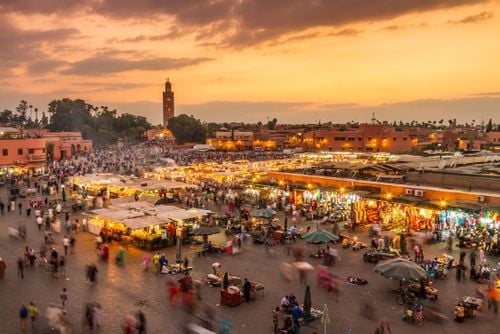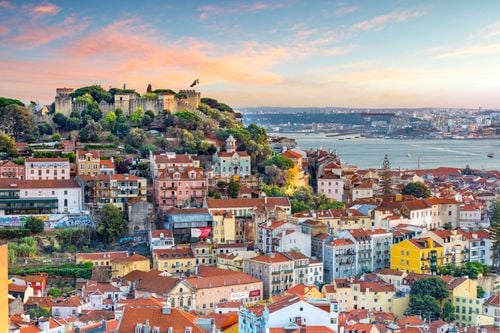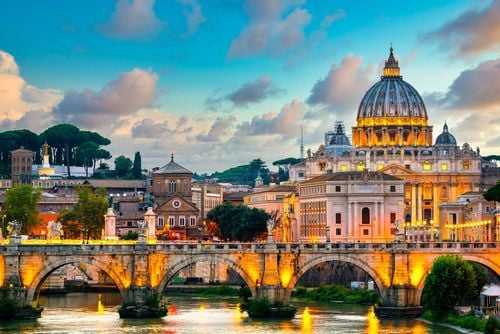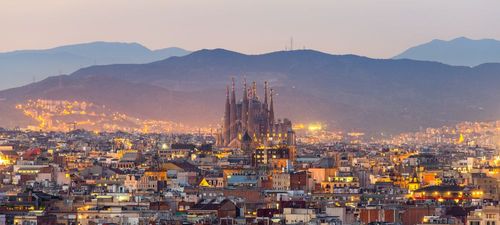The city at the end of the world
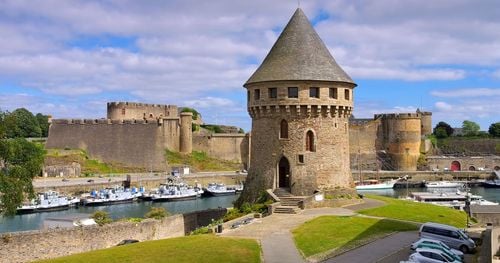
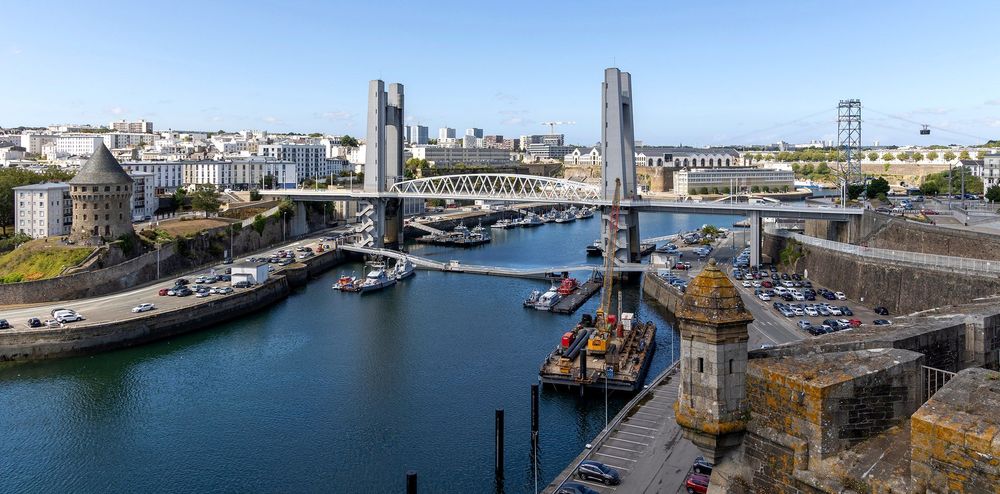
The city at the end of the world
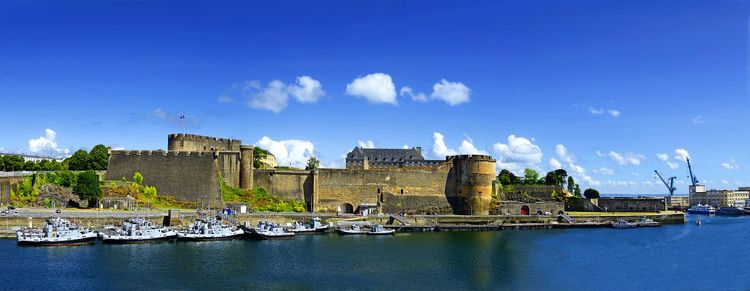
Brest's Old Castle on the harbour
- © Pecold / Shutterstock
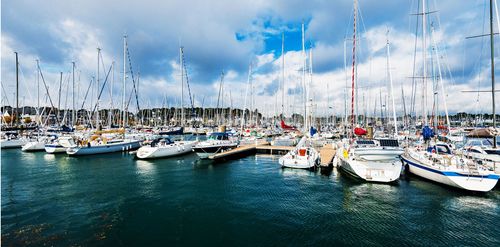
"Great seaport, the most excellent in Brittany, from which it seems that Brittany took its name" wrote Charles Estienne in "La guide des chemins de France", published in 1552. 500 years later, Brest is still a great port with the wind in its sails.
Brest cannot be tamed at first sight. It's a city that takes time to discover. Prolonged by the vast blue ocean, it is almost at the other end of the world. In any case, that's what every traveller feels when they pass through the city. Brest is divided between two worlds that have thirst in common. On the one hand, there are a thousand and one bars where you can quench your thirst by the water or in the heart of the city and its marine history.
Brest is first and foremost a city of the sea, with a strong maritime vocation. Brest's harbour offers a multitude of panoramas - soothing, wild and breathtaking - both on land and on the water. On the other hand, people come to Brest to quench their cultural thirst for monuments and historic sites, museums and bookshops, churches and natural sites. Finally, its architecture is rooted in history, particularly from the Second World War and the medieval period.
Considered France's second-largest military port, Brest is surrounded by water and protected by its 180km2 harbour. All its main attractions are centred around the sea: the Brest fortress, the national naval museum, the Océanopolis aquarium to discover mysterious creatures, and a boat trip along the coast to breathe in the fresh iodised air.
Couples and families alike can enjoy water sports, swimming on the beaches of the harbour and strolling around the marina. Every four years (in mid-July), the Brest International Maritime Festival brings together nearly 1,000 sailing ships from all over the world, around 9,000 sailors and thousands of musicians.
When you're not sailing in Brest, you can relax in its green spaces, such as the National Botanical Conservatory, one of the largest in Europe, which preserves endangered species. The Océanopolis is a giant museum dedicated to the world of the sea, where more than 1,000 marine animals live side by side.
With the influx of students, the population has become younger and the face of the city has changed: restaurants and bars open onto the sea, several pedestrian areas, a new commercial port, a new urban cable car, a modern and artistic Capucins district. In short, Brest is moving at top speed.
The hotels in Brest have developed between the urban areas and the many green spaces of this Breton city. The city of Brest is bordered by the sea and offers the opportunity for pleasant strolls. In Brest, you can enjoy a family picnic or go for a jog down to the Stang Alar valley, home to Europe's second-largest botanical conservatory. Thirty trails in all are available for walking enthusiasts. Nor is the town short of ancient monuments. The seventeen-hundred-year-old Château de Brest is home to the Musée de la Marine, where exhibitions on the city's military history are held. Another must-see monument is the Arsenal, a true historical symbol of the city dating back to the Richelieu period. Océanopolis is another attraction not to be missed. A particularly lively student town, Brest has many bars, cafés and restaurants set between sea and greenery. In summer, water sports activities are in full swing.
Whether you're on holiday in Brest for a few days or for a business trip, you're sure to find what you're looking for, whether it's a hotel in the city centre to take advantage of the lively bars and restaurants, a residence by the sea for a breath of fresh sea air, or a campsite in the heart of the countryside. Brest offers a wide choice of accommodation to suit all budgets and tastes.
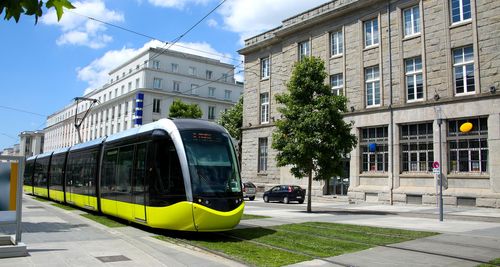
To enjoy a stay in Brittany, a valid passport is required for British visitors.
All establishments (shops, hotels, restaurants...) accept bank cards.
It's perfectly easy to get around by car (or car-sharing - more economical and environmentally friendly) throughout Finistère. By plane, Brest has an airport serving the biggest national and international cities with Air France (Paris, Marseille, Nice, Toulouse, Strasbourg), EasyJet (only for Lyon), Transavia (only for Paris)
Concerning its public transport network. Since September 2017, Brittany Regional Council has set up a practical system to offer an efficient and attractive network for all modes of travel: train, coach, bike, links to the islands. This project is called the BreizhGo network. It consists of a single rechargeable card for all forms of transport. For more information: https://www.breizhgo.bzh/accueil?utm_source=easyvoyage
The region's climate is oceanic on the coast, neither hot nor cold. The months of March to June offer fine days for visiting the region, as does early autumn around October. The weather is kind to all water sports and hiking. The months of June and September also offer pleasant days out, although peak numbers are high.
For a trip to Brittany, it is essential to take waterproof clothing, good shoes for walking, an umbrella but also a rucksack.
Brittany is a very safe region, where the risk of theft or assault is minimal. The danger is much greater because of the sea. Be careful and only swim on supervised beaches. Beware of swimming in wild coves, which often have currents and undertows.
Beware: the tides can also play tricks on you in the bays. Find out about tide times from local people or beach safety officers. Take care when walking near coastal paths and cliffs.
If you go on holiday during the summer (July-August), you should know that every Thursday evening, huge parties are held in the bars on the Quai de la Douane. These are simply "Port Thursdays", recreating the atmosphere of yesteryear at the harbour master's office.
explore Try out our comparators
It is Easy to travel
